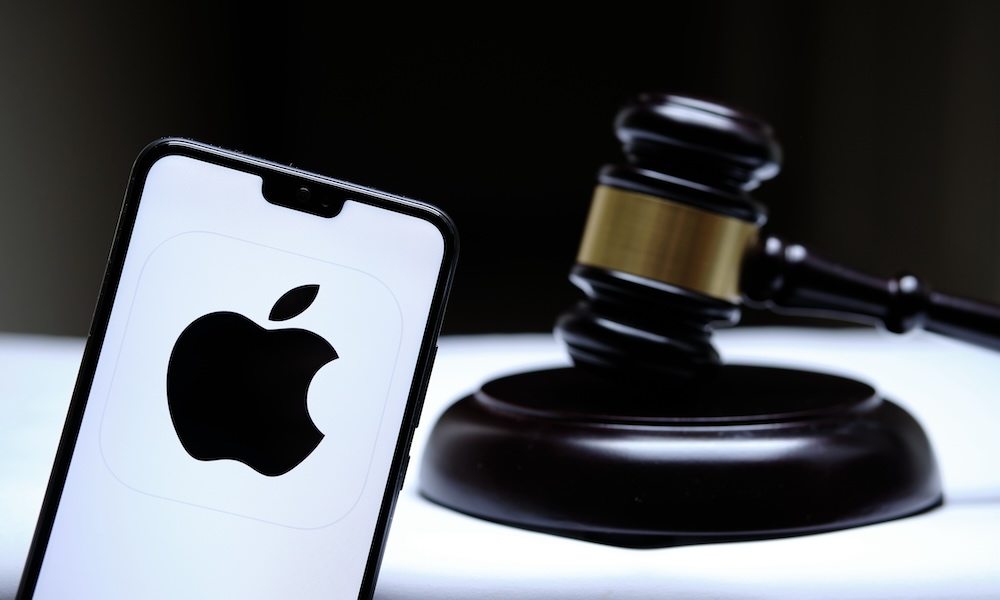Judge Tosses App Store Antitrust Class Action over ‘Alarming Errors’
 Ascannio / Adobe Stock
Ascannio / Adobe Stock
Toggle Dark Mode
Apple scored a victory this week in a long-running antitrust battle after the judge overseeing the case decertified its class-action status. The lawsuit, first filed in December 2011, accuses Apple of monopolizing the iPhone app ecosystem by preventing customers from downloading apps from any source other than the official App Store. The class originally covered users of iOS devices dating back to July 10, 2008 — the day the App Store opened.
Judge Yvonne Gonzalez Rogers decertified the case due to what she called “alarming” errors made in calculating the class size, adding that the expert the plaintiffs used was “not qualified,” used unreliable methods, and “did not reliably apply his methods.” The plaintiffs also failed to provide a methodology for matching Apple ID accounts to consumers, making it impossible to prove damages on a classwide basis.
Judge Rogers has been overseeing this case since 2012, although it also made its way through the Ninth Circuit Court of Appeals and even to the Supreme Court before being remanded back to a lower court. The case has taken more than a decade to get this far, due to the plaintiffs’ struggles to support their claims, demonstrate class-wide harm, and produce a reliable method to determine how many consumers were actually harmed.
Now that the case has been decertified, it can no longer move forward as a class-action lawsuit representing all iPhone users who bought apps through the App Store. Anyone looking to sue Apple over the same thing will now need to file an individual lawsuit.
In a statement, Apple expressed its pleasure with the court’s decision:
We’re pleased the Court recognized the plaintiffs failed to demonstrate the alleged harm to consumers and decertified the class. We continue to invest significantly to make the App Store a safe and trusted place for users to discover apps and a great business opportunity for developers.
The decertification marks a reversal from 2023, when Judge Rogers reluctantly granted class-action status after more than a decade of failed attempts by the plaintiffs, who had struggled for years to find an expert model that could demonstrate class-wide harm and quantify damages. At that time, she deemed new expert testimony sufficient to certify the class but cautioned that the plaintiffs would still need to show a reliable method for determining class members and damages.
According to Reuters, Judge Rogers made her ruling after an expert hired by Apple found “alarming” errors in the plaintiffs’ model, including one that listed plaintiff Robert Pepper and the supposed claimant “Rob Pepper” as two different people, despite matching home addresses and credit card information.
The plaintiffs’ model also lumped together more than 40,000 payment records for people whose first name was “Kim,” but who otherwise had no other information in common.
As you might expect, the plaintiffs plan to appeal the decertification. In an email to Reuters, Mark Rifkin, a lawyer for the plaintiffs, expressed disappointment with the decision and said that his legal team is reviewing its next steps to protect consumers “harmed by Apple’s unlawful App Store monopoly.”







